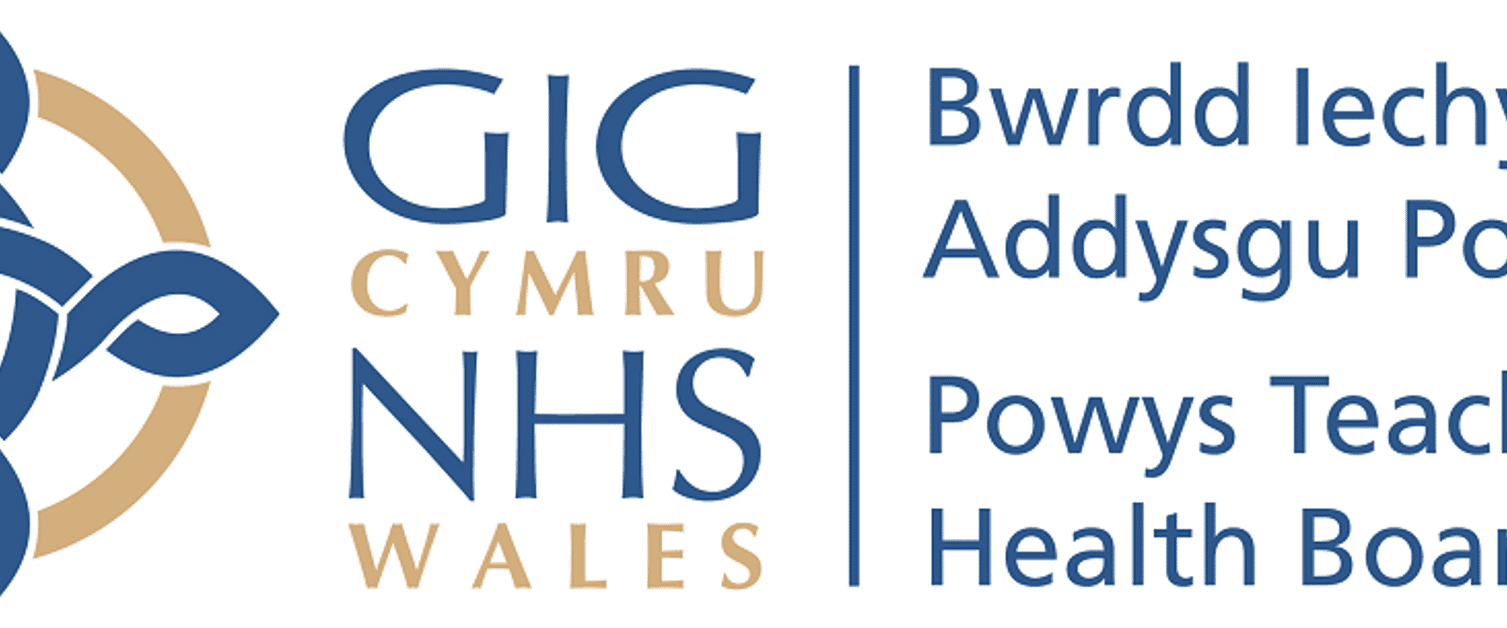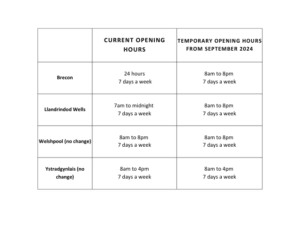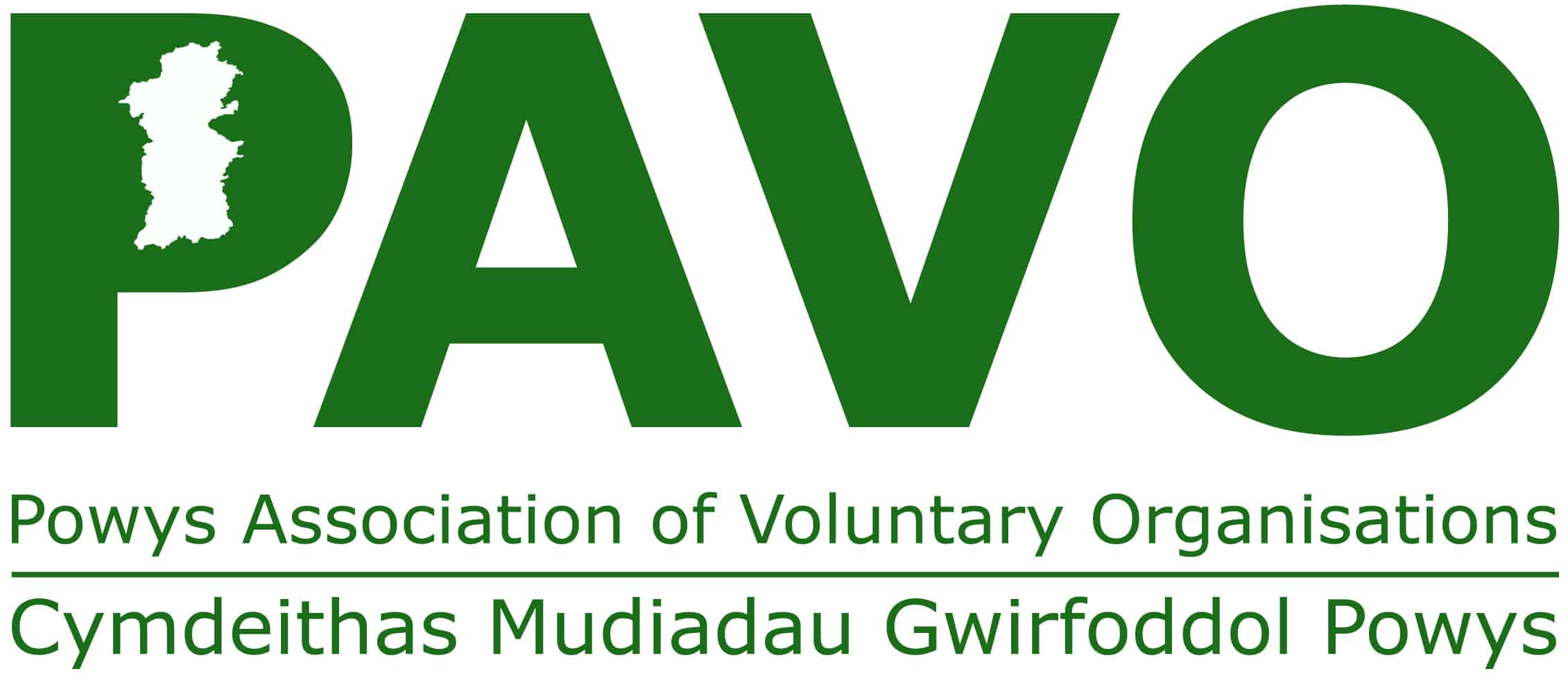Temporary Service Changes to Minor Injury Units and Inpatient Beds

The NHS across the UK, and locally in Powys, faces a number of challenges to maintain quality, safety, outcomes and financial sustainability for patients and communities. Waiting times for planned care increased during the COVID pandemic and remain high. Inflationary pressures affect the whole of the public sector, increasing the costs of service delivery. More people are living longer with multiple health conditions. And there are pressures on staffing, including that the proportion of people of working age is reducing.
Powys Teaching Health Board is therefore taking some immediate steps to help
maintain quality services within available resources.
Temporary Changes to opening hours of PTHB Minor Injury Units
Firstly, there will be temporary changes to the opening hours for some PTHB Minor Injury Units from September.
It has proved increasingly difficult to staff the county’s minor injury units. There are Frequent overnight and evening closures because appropriately trained staff are not available. This creates uncertainty for patients.
And, typically, around one to two people per night attends the MIU in Brecon or Llandrindod Wells, and in the significant majority of cases their care needs could wait until the morning or would be better addressed elsewhere – for example because they need the specialist resources in a major hospital A&E department. Whilst this does offer convenience for patients it does not offer the best use of precious NHS
resources.
Following careful consideration of these challenges, the health board is making the
following changes to opening hours of PTHB minor injury units:

There will also be some temporary changes to staffing in the health board’s minor
injury units so that it has better alignment with service activity and demand.
Temporary Changes to the clinical model for inpatient beds in Powys Community Hospitals
Too many patients are spending too long in hospital. This increases the likelihood of “deconditioning” where patients lose muscle strength, lose the ability to take care of themselves, and become disoriented. This can make it more difficult to return to their previous levels of activity and functioning when they return home and can increase the chances of readmission to hospital.
Also, it is difficult to reach out to all parts of a large rural county with the specialist skills needed for the best multi-disciplinary care, and there is too much reliance on very expensive agency staffing.
The health board is therefore making some changes to the clinical model for inpatient care in Powys community hospitals. These will be implemented from September 2024.
The number of community hospital beds and their locations remains unchanged across the county. Four hospitals will take on a more specialised focus to help ensure the best quality and outcomes for patients.
Bronllys and Llanidloes will be designated as our “Ready To Go Home” units. These
will provide focused care and support for patients who are ready to return home but
are waiting for a package of community care.
Brecon and Newtown will take on an expanded role to support patients who need
more specialised inpatient rehabilitation in a community hospital setting. This builds
on their existing role as our centres for stroke rehabilitation.
Overall, these changes aim to reduce unnecessary extended stays in hospital, so
that patients are able to return to their home including a care home.
Next Steps
These temporary changes are taking place from September 2024 for a period of six months. Further information is available including an issues paper, frequently asked questions, alternative formats (e.g. easy read), a survey to share your views, and an invitation to attend a webinar session on Wednesday 14 August at 6pm to find out more and ask questions. Please do read the Issues Paper before responding to the survey.
Members of the public without digital access to the materials can also telephone 01874 442078 to request a printed copy. Those needing this are asked to leave a message with their name and postal address, spelling any unusual words.
